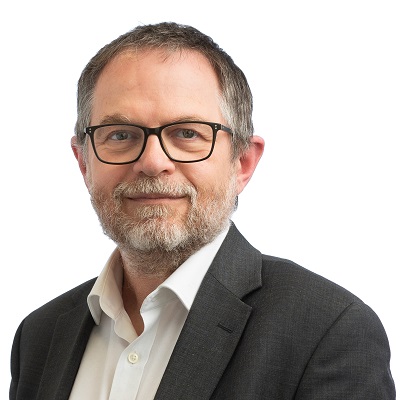
Bio:
Justin Zobel is a Redmond Barry Distinguished Professor in the School of Computing and Information Systems at the University of Melbourne and is the Pro Vice-Chancellor responsible for overseeing the university’s research degrees such as PhDs. As a researcher, he is best known for development of algorithms underpinning web search. In 2025, in recognition of this research he was made a Fellow of the ACM. He is also known for his contributions to measurement techniques, methods for storage and compression, bioinformatics, preservation of the history of computing, and research training.
Professor Zobel received his PhD from Melbourne in 1991 and, prior to returning to Melbourne in 2008, worked as a researcher and academic at RMIT University and Australia’s national IT institute NICTA (now data61). It was in the 1990s that he first worked on algorithms for text search, refinements of which continue to be used widely in retrieval systems. These algorithms greatly improved the efficiency of search engines and were the first that made search feasible at Web scale. He also worked on fundamental data structures, where the gains in efficiency shown by some of his methods were as great as the combined advances of the previous several decades.
Professor Zobel has also been active in developing new experimental practices, such as techniques for assessing variability and error in measurements. These quantify the ways in which test results can be wrong or misleading and are used to ensure that simplistic measurements are not taking our technologies astray – a problem that has become increasingly critical with the emergence of large language models and generative AI.
Professor Zobel’s current research areas include search, research methodologies, and fundamental algorithms and data structures. He has published over 240 papers and has been supervisor of around 45 PhD candidates. He is the author of three highly regarded textbooks on graduate study and research practice.
Beyond research, Professor Zobel has contributed widely to the computing community. He has been President of Australia’s CORE association of computer science departments and held elected roles within the ACM’s SIGIR community, as well as chairing and contributing to the organisation of numerous ACM conferences. In the 2010s he led a significant effort to have the historical materials held by his school – which date from the beginnings of the discipline of computing – recognised as significant. They have since been used to create new permanent exhibits documenting the history of computing. Over this period he helped maintain public recognition of the university’s connection to CSIRAC, the world’s oldest extant computer, which Museums Victoria has now put on public display. He has also contributed to industry as a consultant, a participant in (unsuccessful!) start-ups, and an expert witness in a range of complex software cases.
Available Lectures
To request a single lecture/event, click on the desired lecture and complete the Request Lecture Form.
-
Search, society, and the global information ecology
Search technology was originally developed in the field of information retrieval as a computational replacement for the physical indexes used for libraries, but today is a key enabler of...
- Smoke or mirrors: A perspective on emerging AIs
AI technologies seem to be poised to disrupt a huge range of industries and activities. The abrupt rise in awareness of AI, following the appearance of publicly available generative tools...- The Arrival of the Internet
The Internet underpins modern society: commerce, government, and our ordinary daily activities are completely reliant on it. But how did it emerge? What factors led to its existence? What...To request a tour with this speaker, please complete this online form.
If you are not requesting a tour, click on the desired lecture and complete the Request this Lecture form.
All requests will be sent to ACM headquarters for review.
- Smoke or mirrors: A perspective on emerging AIs
